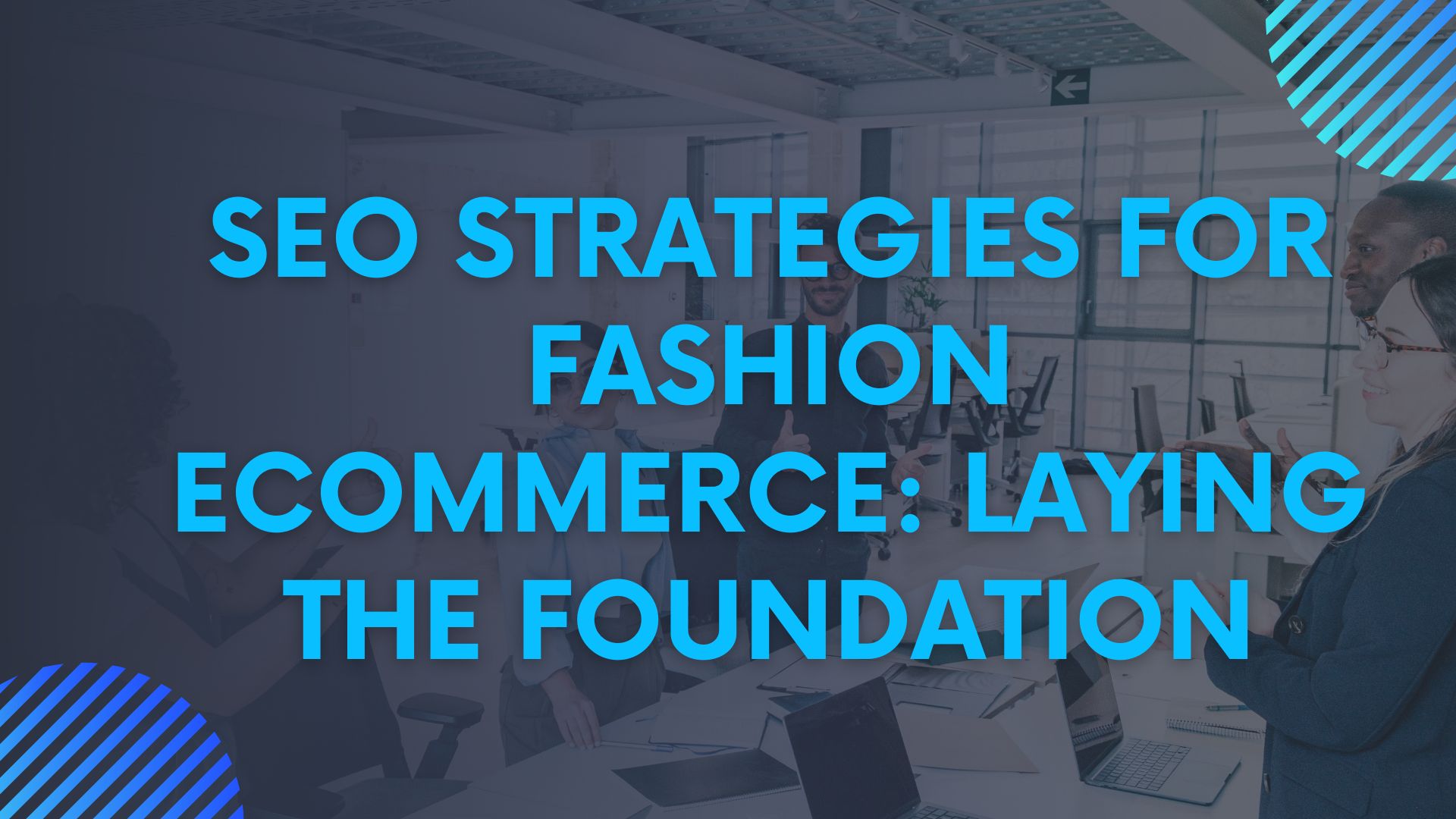Fashion eCommerce is a rapidly growing industry, and with the increasing competition, it’s essential to implement effective SEO strategies to stand out. In this blog, we’ll explore foundational SEO strategies that can help fashion eCommerce brands enhance their online visibility, drive traffic, and boost sales.
Understanding Fashion eCommerce SEO
SEO (Search Engine Optimization) for fashion eCommerce involves optimizing your online store to rank higher on search engine results pages (SERPs). This process ensures that potential customers can easily find your products when they search for related keywords.
Keyword Research: The Bedrock of SEO
Effective keyword research is crucial for any SEO strategy. It involves identifying the search terms your potential customers use to find products similar to yours. Use tools like Google Keyword Planner, Ahrefs, and SEMrush to discover relevant keywords.
- Long-Tail Keywords: Focus on long-tail keywords, which are specific and less competitive. For example, instead of “dresses,” target “summer floral dresses.”
- Seasonal Keywords: Fashion is seasonal, so incorporate keywords relevant to current trends and seasons.
On-Page SEO: Optimizing Individual Pages
On-page SEO refers to optimizing individual product pages to rank higher on SERPs.
- Title Tags and Meta Descriptions: Create compelling and keyword-rich title tags and meta descriptions. These elements help search engines understand the content of your pages.
- High-Quality Product Descriptions: Write detailed and unique product descriptions. Avoid duplicate content, which can negatively impact your SEO.
- Image Optimization: Use high-quality images and optimize them with descriptive file names and alt text. This helps search engines understand your images and improves your chances of appearing in image search results.
Technical SEO: Enhancing Site Performance
Technical SEO involves optimizing your website’s infrastructure to improve its crawlability and indexability by search engines.
- Mobile Optimization: Ensure your website is mobile-friendly, as a significant portion of fashion eCommerce traffic comes from mobile devices.
- Site Speed: A fast-loading website enhances user experience and positively impacts SEO. Use tools like Google PageSpeed Insights to identify and fix speed issues.
- SSL Certificate: Secure your website with an SSL certificate. HTTPS is a ranking factor for Google, and it builds trust with your customers.
Content Marketing: Engaging Your Audience
Content marketing is a powerful tool to attract and engage potential customers.
- Blogging: Create a blog to share fashion tips, style guides, and industry news. This not only attracts traffic but also establishes your brand as an authority in the fashion industry.
- User-Generated Content: Encourage customers to share their photos and reviews. This creates fresh content for your website and builds a community around your brand.
- Video Content: Incorporate videos such as product reviews, styling tips, and behind-the-scenes content. Videos are highly engaging and can improve your website’s dwell time.
Link Building: Boosting Authority
Link building is the process of acquiring backlinks from other websites. Backlinks signal to search engines that your website is credible and authoritative.
- Guest Blogging: Write guest posts for fashion blogs and websites. This helps you reach a wider audience and gain valuable backlinks.
- Influencer Partnerships: Collaborate with fashion influencers to create content and gain backlinks from their websites or social media profiles.
Local SEO: Targeting Local Customers
If you have a physical store, local SEO is essential to attract local customers.
- Google My Business: Claim and optimize your Google My Business listing. Ensure your business name, address, and phone number are accurate.
- Local Keywords: Incorporate local keywords into your content. For example, if you have a store in New York, use keywords like “New York fashion boutique.”
Conclusion
Implementing effective SEO strategies is vital for the success of your fashion eCommerce business. By focusing on keyword research, on-page SEO, technical SEO, content marketing, link building, and local SEO, you can lay a strong foundation for your online store’s visibility and growth.
To dive deeper into advanced strategies, you can also read this blog How to Boost SEO for Fashion eCommerce Brands.
FAQs
Q1: How long does it take to see results from SEO?
A: SEO is a long-term strategy. It can take several months to start seeing significant results, but the efforts are worth it for sustainable growth.
Q2: Can I do SEO on my own, or should I hire an expert?
A: While basic SEO can be done on your own, hiring an SEO expert can provide more comprehensive and effective results, especially for a competitive industry like fashion eCommerce.
Q3: How often should I update my website’s content?
A: Regularly updating your content keeps it fresh and relevant. Aim to update your blog and product descriptions at least once a month.
